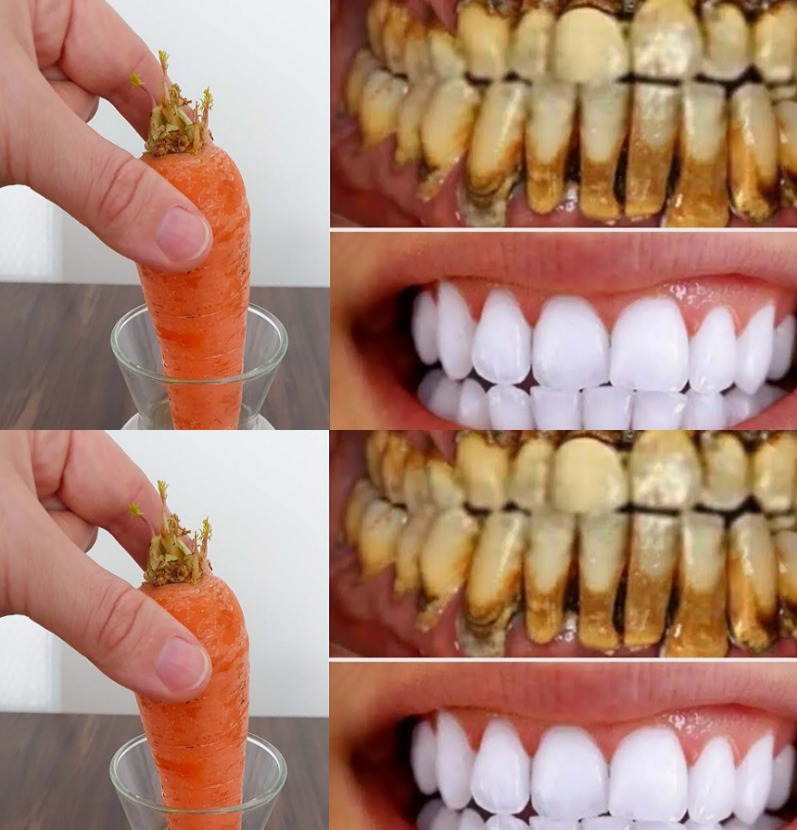- Natural Remedies: Some people explore natural remedies like baking soda, activated charcoal, or coconut oil for teeth whitening. While these may show some results, they might not be as effective or predictable as professional treatments.
- Professional Whitening: Dentists can provide in-office whitening treatments that are more potent than over-the-counter products. They may use hydrogen peroxide or carbamide peroxide gels along with special lights to accelerate the whitening process. Take-home kits prescribed by dentists are also available for a more gradual whitening process.
- Lifestyle Changes: Avoiding or reducing consumption of staining substances like coffee, tea, red wine, and tobacco can help maintain whiter teeth. Good oral hygiene practices, such as regular brushing and flossing, also contribute to oral health.
It’s crucial to remember that the effectiveness of teeth whitening can vary from person to person, and immediate results in just two minutes may not be realistic or safe. Overuse of some whitening products can lead to tooth sensitivity and damage to the enamel. Always prioritize your oral health and seek professional advice for the best and safest results.
